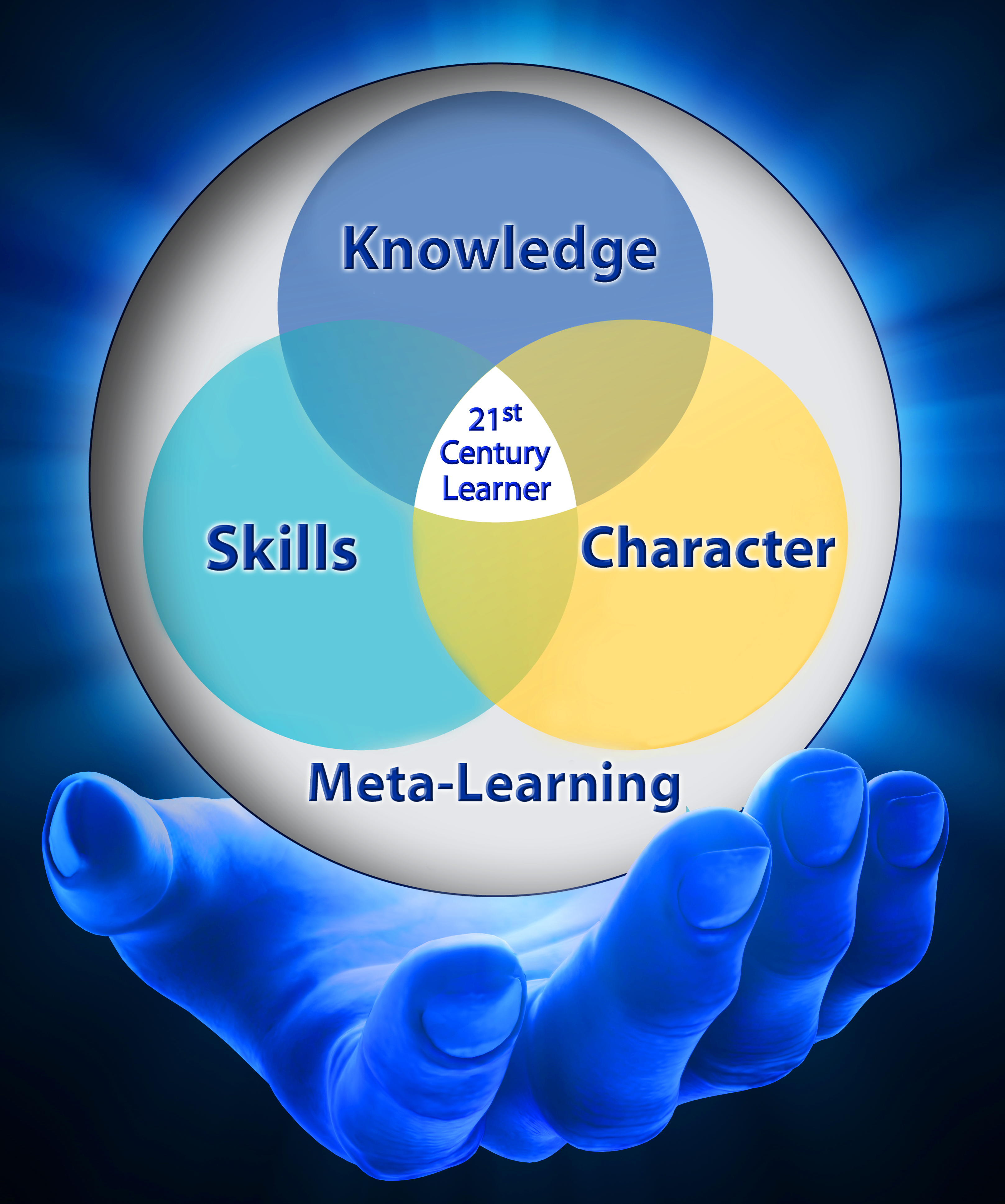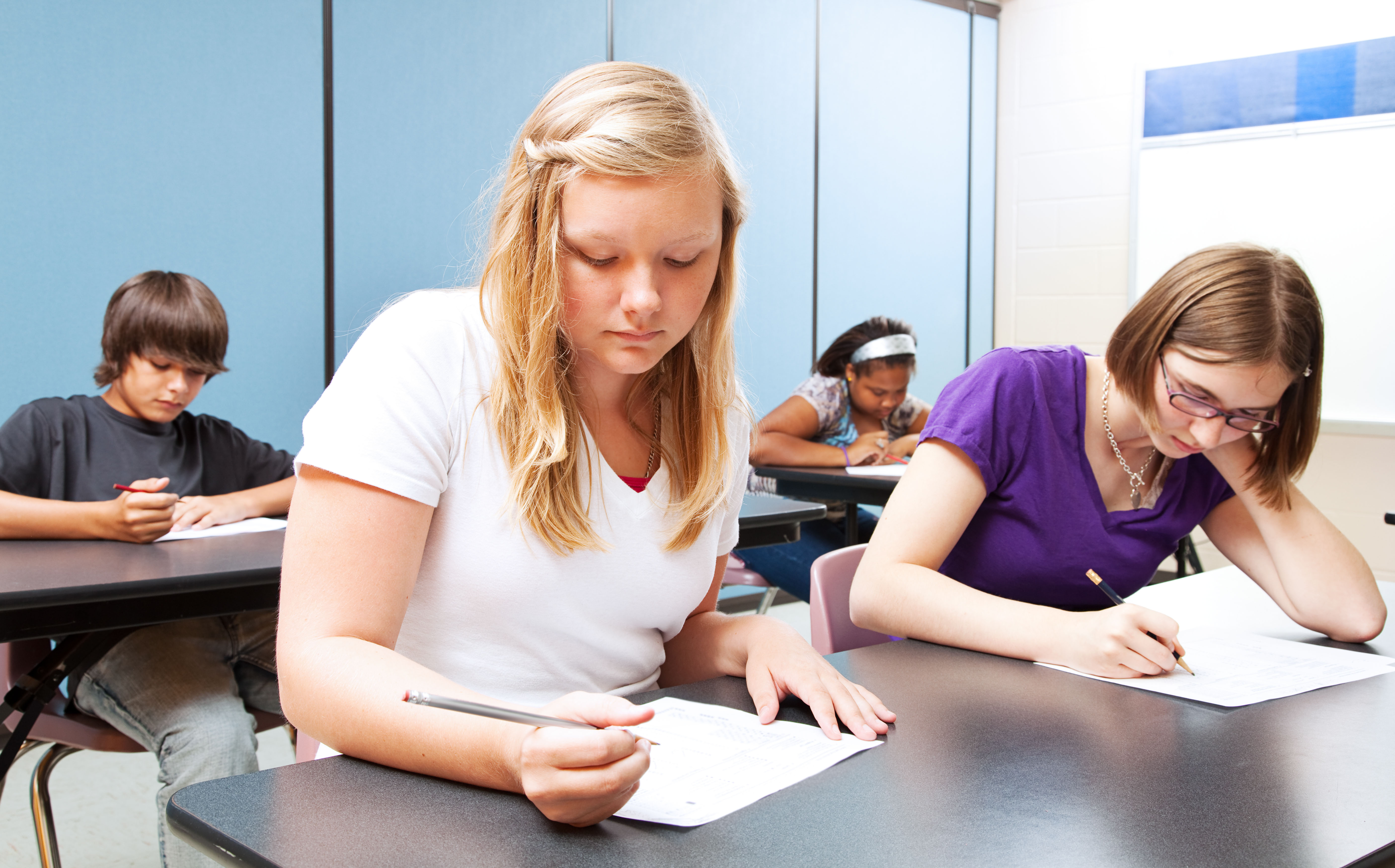
動向シェーピング教育 2016 大きな社会を見て、新規および更新されたOECDの作業があります, デモグラフィック, 教育の将来に影響を与える経済的および技術動向. この本の初版は、に掲載されました 2008 そして2次版以降は、に掲載されました 2010 そして 2013. ザ· 2016 edition has been extended to include new countries and emerging economies including Brazil, 中国, India and the Russian Federation. The report covers all of education (early childhood through tertiary) and is intended for a broad audience including policy makers, 教育者, 教師, 保護者や生徒.
Author of the report and OECD Project Leader Tracey Burns joins us in 教育のためのグローバル検索
to discuss the big picture global changes and how they are shaping learning in our everyday world.
What are the greatest challenges we face in achieving the egalitarian ideals of education in a globalized setting that is becoming increasingly stratified?
The greatest challenge, in my mind, is rising inequality. In OECD countries, the gap between rich and poor is at its highest level in 30 年. Household debt has been rising, and youth are now at a greater risk of living in poverty than their older counterparts. This can lead to conflict and tension, particularly in diverse urban areas where the “other” (i.e. people from different racial and cultural backgrounds) becomes the target of discontent and the scapegoat for grievances. And new technologies are changing the game, for better or for worse. While they can and have been used to boost citizen engagement and empowerment (e.g, Occupy Wall Street, the Arab Spring), they also allow individuals and organisations to stay one step ahead of the law (e.g, terrorists using social media). 教育にかかる圧力の多くは不平等を減らすために、主要なレバーの1つとして機能することがあります, but it cannot act alone.

What do you see as the respective roles of educators, 両親, 学生, and citizens in overcoming this challenge?
再び, although education has a powerful role to play in reducing disadvantage, policies that determine the level of taxation, government transfers and the structure of labor markets all need to be changed hand in hand with education policy in order to significantly reduce inequality. 言われていること, educators can take the lead in a number of ways, such as providing quality early childhood education and care, one of the big levers in reducing disadvantage. ペアレンツ, students and citizens can promote civic engagement and become more involved in education governance, pushing the system to do more to reach out to those most marginalised. They can play a unique role in holding the system accountable to broader societal goals, in addition to education ones. And everyone can be more aware of the importance of physical and emotional well-being starting at the youngest ages.
What kinds of skills or competencies should we be teaching to meet shifting labor needs?
Educators need to be aware of the advanced skills their students will need to flourish in more knowledge-intensive labor markets, without neglecting the development of other important competencies. These include 21st century skills such as global languages, advanced digital skills, and social and emotional intelligence. Education can also play a role in helping equal the playing field for women, closing the gender gap in the workforce and encouraging female entrepreneurship. It will also increasingly need to continue to re-skill aging workers through lifelong learning, as our populations stay active for longer. For tertiary institutions, it is important to support R&D, attract and retain the best researchers, and reinforce studies that require high levels of knowledge and skill, creativity and innovation more generally. この目的を達成するために, governments are also moving to streamline procedures required to start businesses, lightening the administrative load and incentivising entrepreneurship.

How can schools better prepare for the increasing numbers of immigrants from various cultures and socio-economic situations?
The most important step is to have a systemic vision. Across the OECD, students with an immigrant background tend to have less access to educational resources and their parents are less educated and work in lower-status occupations on average. もちろん, there are a lot of individual stories within these averages that are quite different, but the systemic element remains important. Decisions about funding and resources, school autonomy and school choice, 例えば, must also pay attention to equity and access to educational opportunities. Certain system level policies, such as grade repetition and early tracking, amplify socio-economic inequalities within a country whereas others, such as the expansion of pre-primary education, can help mitigate them. Education can provide training and language skills as well as transmit norms that can facilitate immigrants’ integration into labour markets and their adopted country. It can also teach all students – not just the new arrivals – about the importance of tolerance and the benefits of cultural diversity.
What role do you see education playing in the rise of megacities? How can we address individual learning needs and teacher recruitment issues that arise from quickly growing urban areas?
Education can and should be prepared to adjust and grow along with urban environments. Education can teach civic literacy, provide the skills needed for community engagement, and support creativity and innovation throughout the lifespan. Designing liveable urban spaces and encouraging smart transport in increasingly dense cities will require urban planners and engineers, as well as the research and innovation hubs needed to fuel their work. The provision of proper support systems for at-risk students can reduce instances of bullying within schools and decrease urban crime by keeping kids in school and out of trouble. Education will also need to be prepared for a number of trends that arise from increasing urbanisation, such as planning for increasing (or declining) neighbourhood populations, and protecting school buildings and infrastructure from extreme climate events, expected to disproportionally affect large urban centres. Education will also continue to be responsible for ensuring the safety of students and monitoring physical and emotional well-being in the face of potentially new or growing urban stresses. However we must be vigilant: disadvantaged urban schools are more likely to lack qualified teaching staff. Attracting and retaining qualified teachers and principals in disadvantaged urban schools is key. Training programmes, メンタリング, and on-going professional development all have a role to play.

A “green economy” may one day become less of an ideal than a necessity for the continued flourishing of our species. What can our educational systems do to foster the international co-operation required to devise a plan for coordinated action on global climate change, ecological disasters, and sustainable sources of energy?
Students must be taught the science and maths needed to understand the mechanisms underlying climate change. However this will not be enough: education systems need to create critical thinkers that are able to connect their daily decisions to long-term consequences – not just for themselves but for society as a whole. One way to do this is through engaging with complex, real world problems from very early on. 現在, students often spend time on highly structured tasks that do not leave much time for more creative activities where students can develop their critical thinking skills. 加えて, the tertiary sector has a role to play in supporting green innovation, such as energy saving and environmental protection inventions, new energy technologies as well as low-carbon and resource-saving technologies helpful for green development.
As health and pension expenditures increase, national governments are expected to face increasingly tight budgets. How should we look to better finance education spending in the long-term?
表面で, the more governments spend in areas such as healthcare and unemployment benefits, the less they have to support the education system. しかしながら, government policies in various sectors can play off one another in mutually beneficial ways. 例えば, greater military spending could help improve the quality of military academic programs, which could also enable more individuals from disadvantaged backgrounds to pursue their studies affordably. 或いは, better education can reduce government spending in other areas. 例えば, teaching healthy habits in schools can play a role in reducing obesity rates and diabetes, lowering health care costs to governments and individuals. 同様に, improved life-long learning systems may be able to slow the development of dementia, one of the fastest growing causes of death in OECD countries. Finding these intra-governmental strategies is a good start to making the most of restricted public finances.
(Photos are courtesy of Shutterstock – Tania Kolinko, IOFoto and Bikerider London)


サー·マイケル·バーバー含む私を参加して、世界的に有名なオピニオンリーダー (英国), DR. マイケル·ブロック (米国の), DR. レオンBotstein (米国の), 教授クレイ·クリステンセン (米国の), DR. リンダダーリング·ハモンド (米国の), DR. MadhavChavan (インド), 教授マイケルFullan (カナダ), 教授ハワード·ガードナー (米国の), 教授アンディ·ハーグリーブス (米国の), 教授イヴォンヌヘルマン (オランダ), 教授クリスティンHelstad (ノルウェー), ジャンヘンドリクソン (米国の), 教授ローズHipkins (ニュージーランド), 教授コーネリアHoogland (カナダ), 閣下ジェフ·ジョンソン (カナダ), 夫人. シャンタルカウフマン (ベルギー), DR. EijaKauppinen (フィンランド), 国務長官TapioKosunen (フィンランド), 教授ドミニクラフォンテーヌ (ベルギー), 教授ヒューローダー (英国), 主ケンマクドナルド (英国), 教授ジェフ·マスターズ (オーストラリア), 教授バリー·98名 (オーストラリア), シヴナダール (インド), 教授R. Natarajan (インド), DR. PAK NG (シンガポール), DR. デニス教皇 (米国), Sridhar Rajagopalan (インド), DR. ダイアンRavitch (米国の), リチャード·ウィルソン·ライリー (米国の), サー·ケン·ロビンソン (英国), 教授パシSahlberg (フィンランド), 教授佐藤学 (日本), アンドレアス·シュライヒャー (PISA, OECD), DR. アンソニー·セルドン (英国), DR. デビッド·シェーファー (米国の), DR. キルスティン没入Areの (ノルウェー), 首相スティーブン·スパーン (米国の), イヴTheze (LyceeFrancais米国), 教授チャールズUngerleider (カナダ), 教授トニーワーグナー (米国の), デイヴィッド·ワトソン (英国), 教授ディランウィリアム (英国), DR. マークWormald (英国), 教授テオWubbels (オランダ), 教授マイケル·ヤング (英国), 教授Minxuan張 (中国) 彼らは、すべての国が今日直面している大きな絵教育問題を探るように.
教育コミュニティページのためのグローバル検索
C言語. M. ルービンは彼女が受け取った2つの広く読まれているオンラインシリーズの著者である 2011 アプトン·シンクレア賞, “教育のためのグローバル検索” そして “私たちはどのように読み込みます?” 彼女はまた、3冊のベストセラーの著者である, 含めて 不思議の国のアリスリアル, の出版社です CMRubinWorld, そしてかく乱財団研究員である.
Cに従ってください. M. Twitterでルビン: www.twitter.com/@cmrubinworld





最近のコメント